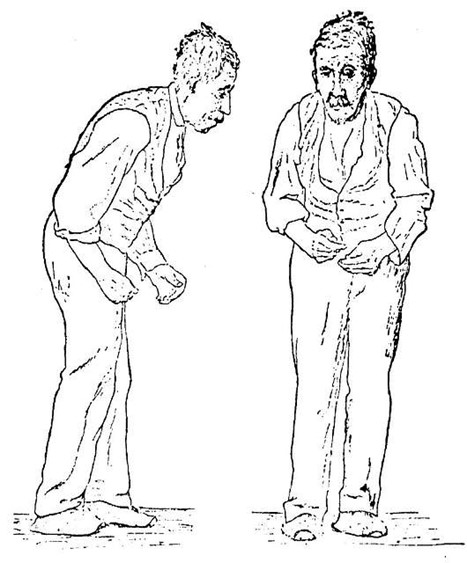Magnesium and the Mind: A Journey into Cognitive Enhancement
In the realm of essential minerals for human health, magnesium takes center stage as a multifaceted player. While its role in maintaining bone health and supporting muscle function is well-documented, the spotlight is increasingly turning towards its impact on the brain. Join us on a journey as we unravel the fascinating connection between magnesium and cognitive well-being.
The Magnificent Mineral:
Magnesium, often referred to as the “mighty mineral,” is involved in over 300 biochemical reactions within the human body. It plays a pivotal role in energy production, DNA synthesis, and the regulation of muscle and nerve function. What’s more, recent research has shed light on its crucial involvement in brain health and cognitive function.
The Brain-Magnesium Connection:
- Neurotransmitter Regulation:
Magnesium serves as a natural regulator of neurotransmitters, the chemical messengers that transmit signals in the brain. It has been linked to the modulation of serotonin, which plays a key role in mood regulation, and N-methyl-D-aspartate (NMDA) receptors, essential for learning and memory.
- Synaptic Plasticity and Learning:
Synaptic plasticity, the ability of synapses to strengthen or weaken over time, is fundamental to learning and memory. Magnesium plays a crucial role in maintaining optimal synaptic plasticity, contributing to the brain’s ability to adapt and learn.
- Anti-Inflammatory Effects:
Chronic inflammation has been implicated in various neurological disorders. Magnesium exhibits anti-inflammatory properties, potentially safeguarding the brain against inflammatory damage and reducing the risk of cognitive decline.
- Stress Management:
In today’s fast-paced world, stress management is paramount for mental well-being. Magnesium has been found to modulate the body’s stress response, acting as a natural relaxant and contributing to a calmer state of mind.
- Sleep Quality Improvement:
Adequate sleep is crucial for cognitive function, and magnesium plays a role in regulating the sleep-wake cycle. Supplementing with magnesium has been linked to improved sleep quality, which, in turn, positively impacts overall brain health.
The Magnesium-Deficiency Connection:
Unfortunately, magnesium deficiency is not uncommon, with research suggesting that a significant portion of the population may not be meeting their magnesium needs. Factors such as:
- poor dietary choices
- certain medical conditions
- medications
can contribute to inadequate magnesium levels.
Symptoms of magnesium deficiency may include muscle cramps, fatigue, and anxiety, which can also affect cognitive function. Addressing magnesium deficiency through dietary changes or supplementation may offer a simple yet powerful way to support brain health.
See the full scientific article from Life Extension Institute.
Incorporating magnesium-rich foods into our diets or considering magnesium supplements, under the guidance of healthcare professionals, may be a proactive step towards maintaining optimal brain function throughout our lives. So, let’s celebrate the magnificence of magnesium and its profound impact on the intricate workings of our most vital organ – the brain.
Enhance your cognitive abilities and optimize mental focus by incorporating the remarkable Brain Vitale supplement from the esteemed Asher Longevity Institute. This exceptional supplement is specifically designed to boost your brain’s performance, enhancing mental clarity, sharpening cognitive planning skills, and improving organizational acuity. Additionally, it aids in retaining spatial relationships, further augmenting your cognitive capabilities.




